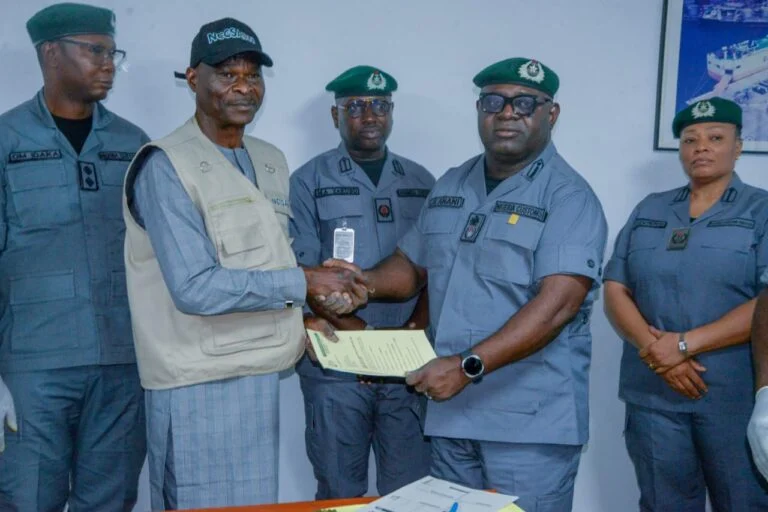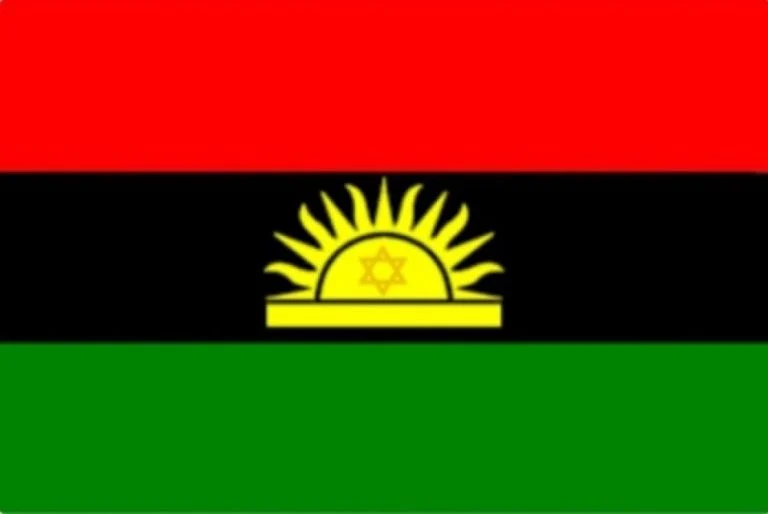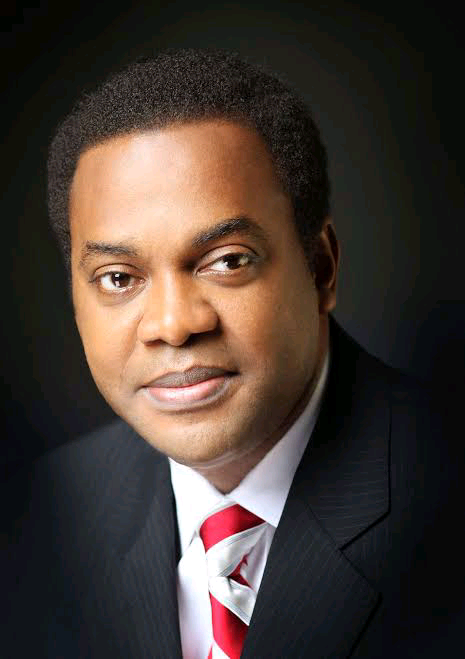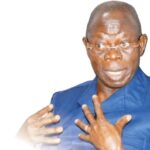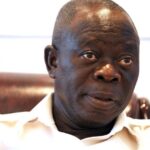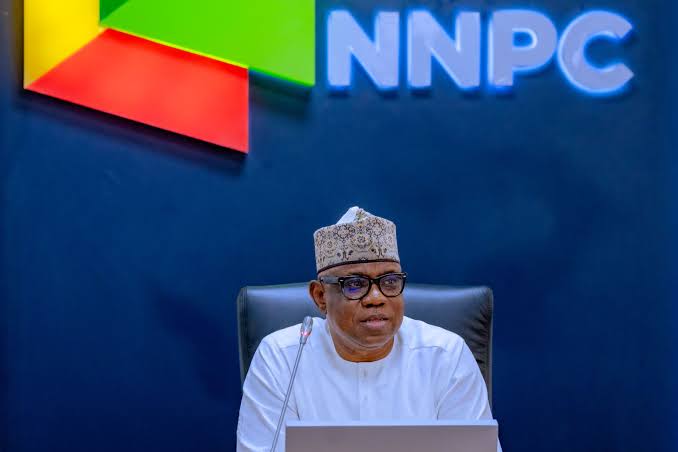Is Tinubu a Man of War?
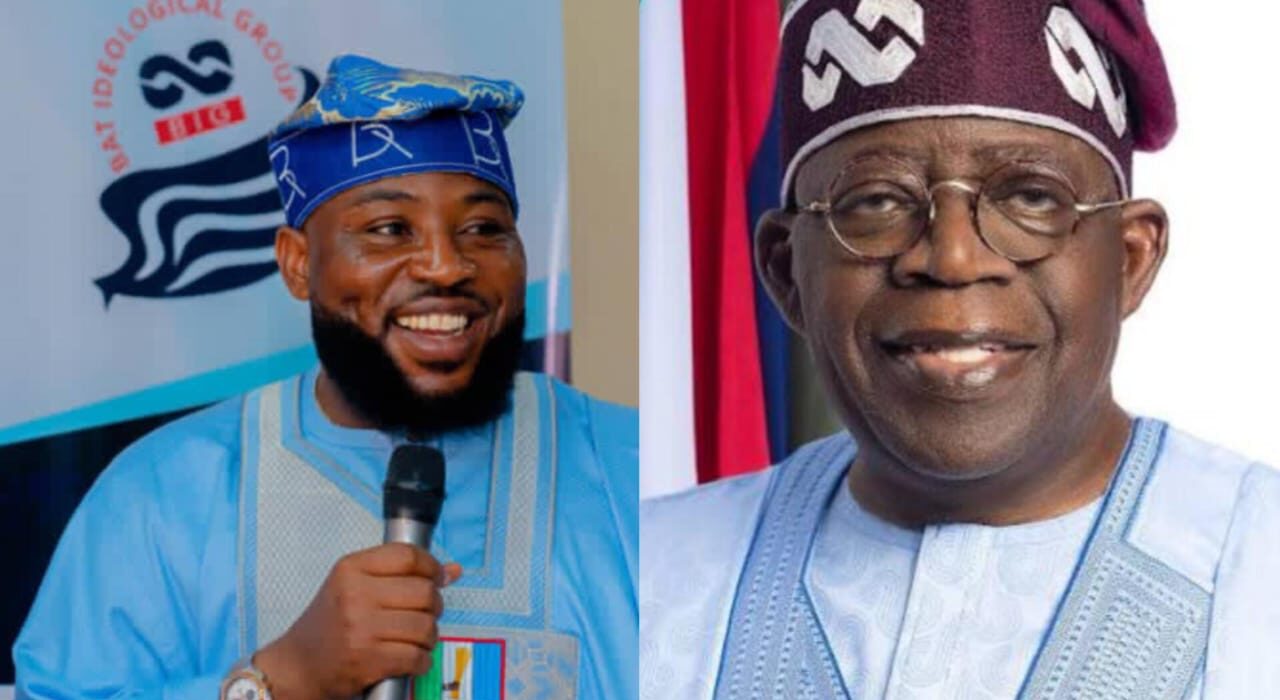
Is Tinubu a Man of War?
By Bamidele Atoyebi
Life is a battleground and every new height in life brings new ones which is why it is ‘the survival of the fittest’. President Bola Ahmed Tinubu was not spared either, his public life reads like a series of pitched struggles: against military rule, political rivals, against legal and reputational attacks, and against entrenched interests. To call him a ‘man of war’ is less a statement about violence than about persistence, the stubborn will to pick a fight, survive it and keep fighting.
In Nigeria’s evolving democracy, President Bola Ahmed Tinubu stands as a rugged figure. His story is not merely one of political ambition; it is a chronicle of constant struggle, reinvention, and unrelenting will. Whether one admires or critiques him, it is difficult to deny that Tinubu’s political life has been marked by a pattern of confrontation, resilience, and eventual triumph, qualities that have earned him both loyal followers and formidable adversaries.
The Early Battles: From Senate to Struggles
Tinubu’s first major political exposure came during the short-lived Third Republic. In 1992, he was elected to represent Lagos West in the Senate under the Social Democratic Party (SDP). However, that democratic experiment collapsed following the annulment of the June 12, 1993 presidential election, a turning point that pushed him and other pro-democracy figures into resistance.
As military rule tightened its grip, Tinubu joined the National Democratic Coalition (NADECO), aligning himself with those who risked exile, imprisonment, and persecution to demand the restoration of civilian governance.
When the fire of dictatorship raged, Tinubu stood as a voice of defiance. His time in exile during the Abacha years solidified his reputation as a political combatant whose cause was democracy itself. By the time Nigeria returned to civil rule in 1999, Tinubu had become one of the symbolic faces of the democratic movement’s victory.
Governor of Lagos: A State Under Siege
As Governor of Lagos State from 1999 to 2007, Tinubu entered what many still consider the most challenging phase of his political journey. Lagos, Nigeria’s economic hub, became a testing ground for his administrative creativity and his ability to withstand federal pressure.
One of his earliest confrontations came in 2004 when his administration created 37 new local government development areas. The move angered President Olusegun Obasanjo’s federal government, which responded by withholding statutory allocations to Lagos.
The financial blockade could have crippled the state, but Tinubu’s government innovated alternative revenue systems that kept Lagos functional and, in time, thriving. The Supreme Court later affirmed Lagos’s right to maintain the councils, marking a judicial victory for federalism and local autonomy.
Tinubu also faced fierce political opposition at home. The 2003 election, where the Peoples Democratic Party swept through most of the South-West, left him as the sole Alliance for Democracy governor standing. While others succumbed to federal might and internal divisions, Tinubu’s strategic adaptability and party discipline enabled him to retain Lagos consolidating his control and reasserting his role as a regional power broker. This victory earned him the title of “the last man standing” by Dele Alake.
The Kingmaker and the Architect of Coalitions
After his gubernatorial tenure, Tinubu’s wars shifted from state governance to national political engineering. Determined to create a viable alternative to the then-dominant PDP, he spearheaded alliances among opposition parties. Early attempts around 2011 fell short, but by 2013 his efforts matured into the successful merger that birthed the All Progressives Congress (APC).
The creation of the APC was a watershed moment. Tinubu’s ability to negotiate interests, reconcile ideological differences, and maintain personal influence over a broad coalition showcased a rare mix of strategy and endurance. The party’s 2015 electoral victory, which ended sixteen years of PDP dominance, marked Tinubu’s most far-reaching political triumph though he held no official position in the federal cabinet.
Yet his triumphs did not end the battles. Within the APC, shifting alliances, internal rivalries, and leadership contests tested his influence. Disputes that led to the removal of party chairmen and the sidelining of several of his loyalists reflected recurring attempts to erode his control. Still, Tinubu’s political machinery built through years of patronage, loyalty, and organization outlasted the turbulence.
Storms of the Buhari Era and the 2023 Battle
Yet before the political storms of the Buhari years fully gathered, Tinubu was already grappling with another kind of battle, one that would linger across decades and resurface at the height of his presidential ambition.
The questions surrounding his academic records did not begin recently; they first appeared in 1999, almost as soon as he assumed office as Governor of Lagos State. That year, a magazine published by a well known publisher who today serves in his government, released an investigation highlighting inconsistencies in his submitted credentials.
The controversy deepened in 2002 when another prominent figure who today joined his administration, took Tinubu and the Lagos State House of Assembly to court over allegations of forgery and perjury, accusing the Assembly of shielding him from accountability. Tinubu’s defence at the time dismissed the discrepancies as clerical errors, but the debate persisted.
The matter fed into the wider legal struggle represented by the famous Gani Fawehinmi case of 1999, where the fiery human rights lawyer sought to compel a police investigation into Tinubu’s academic history. The courts wrestled with questions of constitutional immunity and law enforcement discretion, ultimately affirming that a sitting governor could be investigated even if he could not be prosecuted.
Despite that ruling, no investigation followed, but the controversy never fully disappeared. It resurfaced dramatically during the 2023 presidential race, culminating in the legal challenge by Atiku Abubakar that led to the release of Tinubu’s Chicago State University records.
It was yet another test of endurance in a career long defined by confrontation and survival.
During President Muhammadu Buhari’s administration, Tinubu faced a new kind of warfare less visible but deeply political. Former allies, including ministers and governors, challenged his authority.
Disagreements over party leadership, gubernatorial selections, and national strategy created divisions. At one point, speculation grew that his once-formidable grip on the South-West had weakened.
As the 2023 presidential election approached, Tinubu encountered perhaps his greatest trial yet. Economic headwinds, internal party resistance, and questions about his health and educational credentials converged into a storm. Many predicted his downfall; some of his own protégés sought the same ticket he coveted.
Then came the naira redesign and fuel scarcity crises, perceived by his camp as targeted obstacles. Through it all, Tinubu stayed on message invoking faith, courage, and destiny. Against expectations, he secured the APC ticket, won the election, and withstood months of legal scrutiny before the courts affirmed his victory.
The Spirit of Asiwaju: Courage as the Price of Progress
To understand Tinubu’s politics is to understand the philosophy of endurance that defines him. His public image, controversial to some, heroic to others rests on one consistent thread: he does not retreat easily. The spirit that sustained him through exile, legal disputes, and political betrayals is the same that now drives his presidency.
Tinubu’s career demonstrates a recurring pattern: every setback becomes the foundation for a new campaign. When democracy trembled, he became its shield. When federal power sought to suffocate Lagos, he stood as the lungs of freedom.
When his political structure came under siege, he rebuilt it with greater reach. These are not coincidences but testaments to a temperament that sees politics as endurance warfare, an arena where only the most resilient survive.
He has faced financial strangulation, yet Lagos flourished. He has endured political persecution, yet raised protégés who today shape the nation’s direction. Twice, he stood before the Supreme Court to defend principles of federalism and separation of powers, and twice he prevailed. For Tinubu, courage appears to be not just a political necessity but a personal creed.
Leadership, as his story illustrates, is not about comfort but conviction. Tinubu’s politics are marked by calculated risks, sharp pragmatism, and a tolerance for adversity. These traits have earned him criticism for being overly strategic, but they have also made him uniquely capable of navigating Nigeria’s volatile political landscape.
His detractors may call him power-hungry; his supporters call him visionary. In truth, he is a complex combination of both, a man driven by ambition, yet disciplined enough to translate that ambition into tangible results.
Enduring Controversy, Enduring Influence
Tinubu’s life has not been free of controversy. Allegations about his wealth, academic records, and political methods continue to shadow his legacy. Yet even his critics concede that few Nigerian politicians have demonstrated comparable organizational skill or staying power.
Today, as president, he faces perhaps the hardest battles of all: managing an economy in transition, defending painful reforms, and confronting public skepticism. The same qualities that once enabled him to withstand persecution and political storms are being tested anew in governance. Whether history will judge him kindly remains to be seen, but the arc of his career already offers one clear lesson in Nigeria, endurance itself can be a form of leadership.
So, is Bola Ahmed Tinubu a man of war? The evidence suggests he is, not in the sense of aggression or conflict for its own sake, but in the disciplined resolve to confront obstacles head-on.
The storms came, but he stood. The trials came, but he triumphed. And in doing so, he has shown that in politics, as in life, courage truly is the price of progress
Bamidele Atoyebi is the Convenor of BAT Ideological Group, National Coordinator of Accountability and Policy Monitoring and a publisher at Unfiltered and Mining Reporting.



